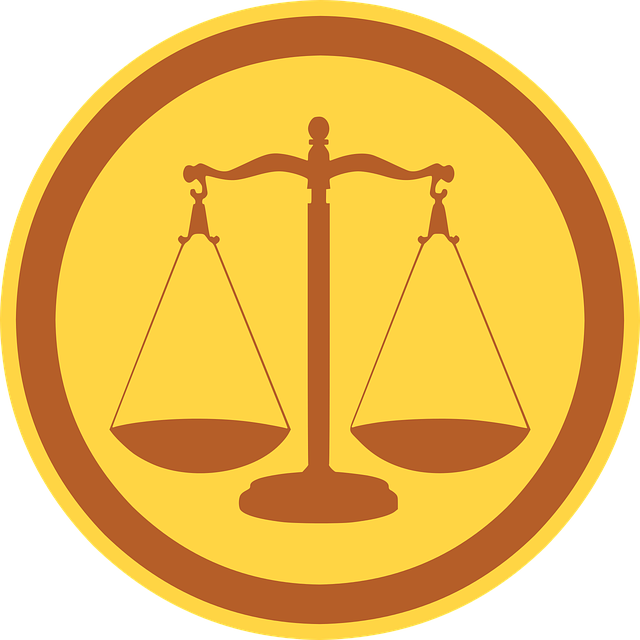Oregon offers a robust legal framework for child welfare proceedings, with crucial protections for both children and families. An Oregon child welfare attorney is essential for navigating this complex system, utilizing professional resources like legal aid organizations and attorney support networks to gain access to up-to-date information and ensure informed representation. These attorneys provide critical counsel in cases involving family disputes, neglect, abuse, and adoption, while a strong network of legal tools, case management software, and training programs enhances their capabilities. The Oregon Department of Human Services (DHS) and numerous non-profit organizations further support families with free legal assistance and specialized resources, improving access to high-quality representation for favorable outcomes in child welfare cases.
“In Oregon, navigating complex child welfare laws requires expert guidance. This comprehensive guide explores the critical role of an Oregon child welfare attorney in advocating for vulnerable children and families. From understanding state regulations to accessing specialized legal resources, this article illuminates effective strategies. We delve into building a robust attorney support network, leveraging professional tools, and sharing inspiring case studies. Discover how these resources empower attorneys to successfully navigate Oregon’s child welfare system, ensuring the best outcomes for all involved.”
- Understanding Oregon's Child Welfare Laws and Regulations
- The Role of an Oregon Child Welfare Attorney
- Accessing Legal Resources for Child Welfare Cases in Oregon
- Building an Attorney Support Network for Effective Case Management
- Specialized Tools and Resources for Oregon Attorneys Handling Child Welfare Matters
- Case Studies: Successful Navigations Through Oregon's Child Welfare System with Legal Support
Understanding Oregon's Child Welfare Laws and Regulations

In Oregon, child welfare laws and regulations are designed to protect and nurture vulnerable children within the state. These legal frameworks govern various aspects of child protection, including removal from homes, foster care placement, adoption, and termination of parental rights. Understanding these laws is paramount for anyone involved in the child welfare system, especially when seeking legal counsel. An Oregon child welfare attorney plays a crucial role in helping families navigate this complex landscape, ensuring their rights are protected while advocating for the best interests of the child.
Professional resources such as legal aid organizations and attorney support networks in Oregon offer valuable tools and information for both attorneys and individuals involved in child welfare cases. These resources provide up-to-date insights into legislation, court procedures, and case law relevant to child protection. By leveraging these attorney tools, professionals can deliver more informed and effective representation, ultimately contributing to better outcomes for children and families within the Oregon community.
The Role of an Oregon Child Welfare Attorney

An Oregon child welfare attorney plays a pivotal role in safeguarding and promoting the best interests of children within the state’s welfare system. They provide essential legal counsel and representation to vulnerable youth, often navigating complex cases involving family disputes, neglect, abuse allegations, and adoption proceedings. With their expertise, these attorneys ensure that the rights of children are protected, and their voices are heard throughout the legal process.
As part of their support services, Oregon child welfare attorneys have access to a robust network of professional resources. This includes legal tools and knowledge bases tailored to child welfare cases, allowing them to stay up-to-date with relevant laws and regulations. Additionally, they benefit from collaborative partnerships with various agencies, fostering a comprehensive approach to addressing the complex needs of children and families involved in the child welfare system.
Accessing Legal Resources for Child Welfare Cases in Oregon

In Oregon, accessing legal resources for child welfare cases is facilitated by a robust network of professionals dedicated to ensuring justice and the best interests of children. One of the primary points of contact is the Oregon Department of Human Services (DHS), which provides comprehensive support services, including legal aid, for families involved in child welfare proceedings. The DHS Legal Division offers free legal assistance to eligible individuals, connecting them with qualified Oregon child welfare attorneys who specialize in this complex area of law.
In addition to state-funded resources, there are numerous non-profit organizations and attorney support networks across Oregon that cater specifically to child welfare cases. These professional resources offer a wealth of legal tools, such as case management software, legal research databases, and educational workshops, designed to help Oregon child welfare attorneys navigate the intricacies of their work. Through these collaborative efforts, families have increased access to high-quality legal representation, ensuring their rights are protected throughout the child welfare process.
Building an Attorney Support Network for Effective Case Management

In the complex landscape of Oregon’s child welfare system, having a robust attorney support network is vital for effective case management. Legal professionals dedicated to this field require access to comprehensive resources and tools tailored to navigate the unique challenges they face. Oregon child welfare attorneys can benefit from connecting with their peers, sharing knowledge, and collaborating on strategies. This network facilitates efficient information exchange, ensures best practices, and provides emotional support, ultimately enhancing the quality of legal representation for vulnerable children and families.
Professional resources for child welfare attorneys in Oregon include access to legal databases, case management software, and specialized training programs. These tools enable attorneys to stay updated with changing laws, efficiently manage cases, and provide proactive legal support. By leveraging these resources, Oregon child welfare attorneys can offer more effective representation, ensuring the best possible outcomes for their clients.
Specialized Tools and Resources for Oregon Attorneys Handling Child Welfare Matters

Oregon child welfare attorneys require specialized tools and resources to navigate complex legal landscapes involving minors and their families. The state offers an extensive network of professional resources designed to support legal professionals handling child welfare matters. These include access to state-specific legal databases, case law research tools, and up-to-date information on legislative changes affecting child protection protocols.
Attorneys can leverage these resources to ensure they remain informed about best practices in Oregon’s child welfare system. Additionally, connecting with the attorney support network available through local bar associations facilitates collaborative learning and problem-solving among peers. This collective expertise enhances representation for clients involved in challenging child welfare cases.
Case Studies: Successful Navigations Through Oregon's Child Welfare System with Legal Support

In many cases, families navigating Oregon’s complex child welfare system benefit immensely from the expertise and guidance of an Oregon child welfare attorney. Successful navigations through this system often hinge on robust legal support, which can ensure fair treatment, protect parental rights, and advocate for the best interests of children involved. Case studies illustrating these successful navigations highlight the critical role that Oregon child welfare attorneys play in favorable outcomes.
These attorneys leverage their deep understanding of state laws, regulations, and procedures to provide families with essential legal resources. They connect clients to an attorney support network, offering tools and strategies tailored to unique circumstances. Such professional resources help families not only comply with legal requirements but also assert their rights effectively, ultimately enhancing the chances of successful case resolutions that preserve family unity while prioritizing child welfare.






